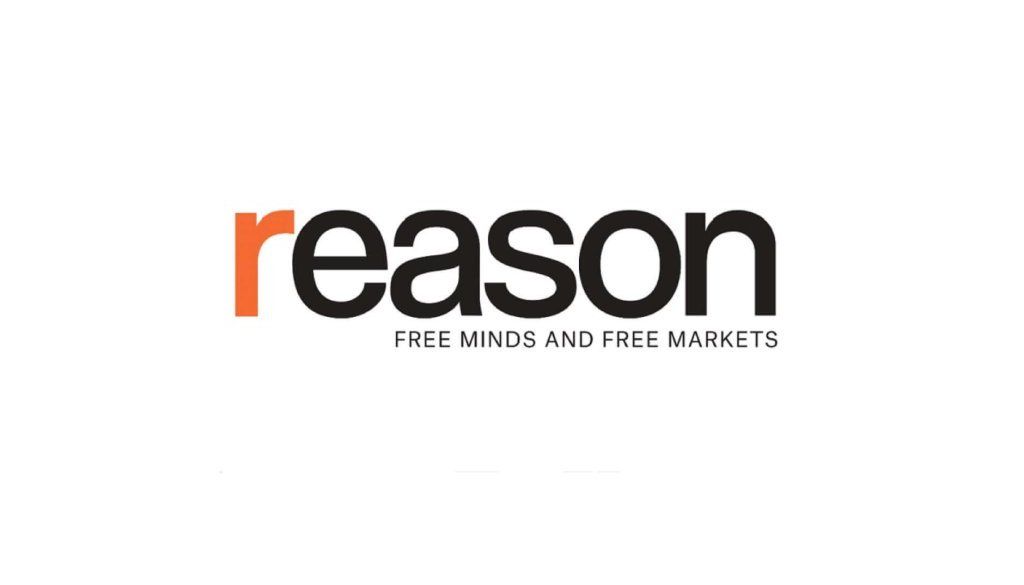A Taxpocalypse of Rising Rates Is Coming For Americans if Congress Doesn’t Act
When the new session of Congress opens on January 3, the clock will already be ticking toward the most important set of fiscal decisions lawmakers will make this decade.
Decisions made through the end of 2025 will determine the fate of literally trillions of Americans’ dollars. Will they remain in wallets, bank accounts, and retirement portfolios, or will they flow to the U.S. Treasury to fund wars and welfare?
This “fiscal cliff” is eight years in the making. The 2017 Tax Cuts and Jobs Act (TCJA) revamped both the federal corporate and individual income tax codes. But while the new, lower, corporate income tax rate (and associated changes) were made permanent, many changes to the individual tax code were temporary. That includes the higher standard deduction, expanded child tax credit, and the lower tax rates that have allowed nearly all taxpayers to keep more of their own money these past several years.
Unless those provisions are extended or made permanent by the end of 2025, the higher pre-TCJA policies will automatically return. That would mean higher taxes for nearly all taxpaying Americans.
Of these complex and interconnected issues, those individual income tax rates are the most pressing for Congress to solve. Under the TCJA, the top marginal rate was reduced from 39.6 percent to 37 percent—with rates for other tax brackets falling similarly.
Donald Trump’s victory and the Republican takeover of the U.S. Senate (the U.S.House majority was undecided when this issuewent to press) will undeniably shape the negotiations. But neither party made the approaching fiscal cliff a major issue during the run-up to the election, and there is not a unified position on either side of the aisle. Many Republicans and Democrats are on the record as supporting an extension of the lower TCJA rates for most taxpayers, but there are those who disagree. Sen. Elizabeth Warren (D–Mass.), for example, has called for Democrats to allow the TCJA to expire in full. Meanwhile, some figures on the so-called New Right have suggested that Republicans should allow the individual tax cuts to expire and should partially undo the corporate tax changes made in 2017 to hike taxes on businesses.
Fiscal realities may bite too. When the TCJA passed, analysts projected that it would add to the budget deficit and national debt—and it did. But those problems were more easily waved away when the country was running significantly
Article from Reason.com

The Reason Magazine website is a go-to destination for libertarians seeking cogent analysis, investigative reporting, and thought-provoking commentary. Championing the principles of individual freedom, limited government, and free markets, the site offers a diverse range of articles, videos, and podcasts that challenge conventional wisdom and advocate for libertarian solutions. Whether you’re interested in politics, culture, or technology, Reason provides a unique lens that prioritizes liberty and rational discourse. It’s an essential resource for those who value critical thinking and nuanced debate in the pursuit of a freer society.




